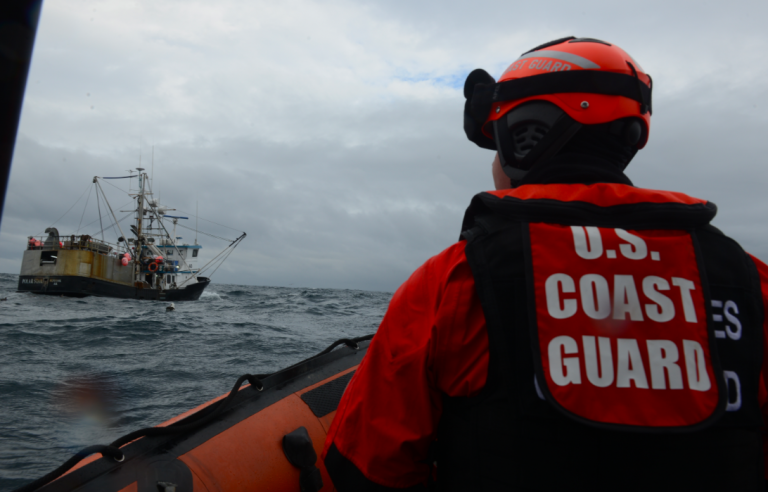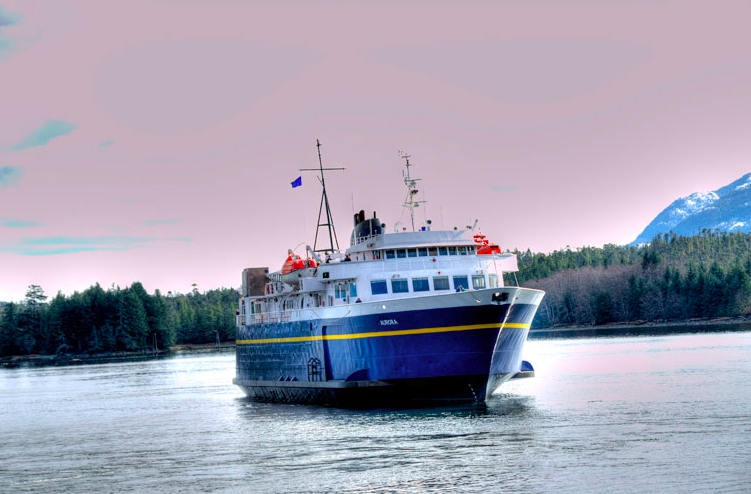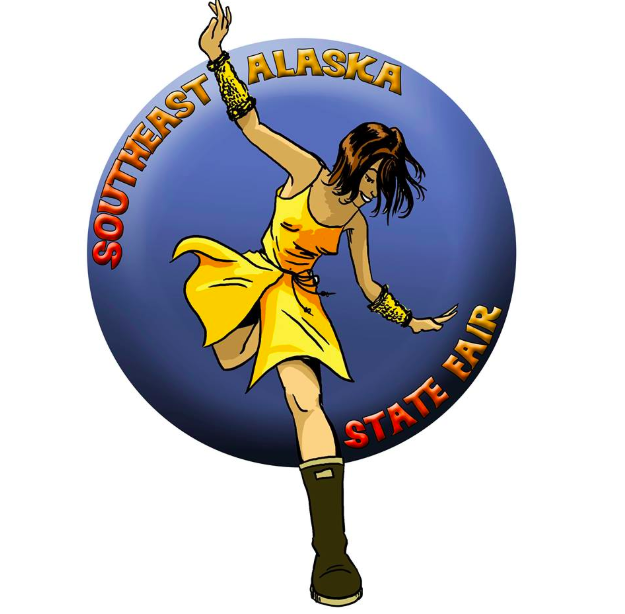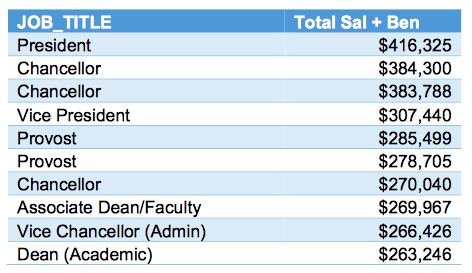The MRAK
Almanac is your place for political, cultural, and civic events, events where
you’ll meet political leaders or, if you are interested in getting to know your
state, these are great places to meet conservative- and moderate-leaning
Alaskans.
Alaska Fact Book
Question: With all the recent discussion about the Alaska Permanent Fund, exactly how much money is currently in the Fund and how is it organized?
Answer: As of early this summer, there is a total fund value of about $64 billon. Of this, about $45 billion makes up the principal, or the part of the fund that the legislature absolutely cannot touch (without an amendment to the Alaska Constitution). Another $19 billon composes the Earnings Reserve Account (ERA) which is made up of the earnings from the Fund’s principal. The ERA is the only portion of the Permanent Fund used to pay dividends to Alaskans and partially fund state government.
7/24: The Alaska House of Representatives will gavel in once again at 10:30 am in Juneau. They will likely be continuing discussion of HB2001. Read the full text of the bill here.
7/24: The State Vocational Rehabilitation Committee will hold a quarterly meeting starting at 9 am. Public testimony will be heard starting at noon. The meeting will be held via teleconference, visit this link for call-in details.
7/24: Alaska State Commission on Human Rights regular meeting via teleconference at 9:30 am. There will be no period for public testimony, but the public is invited to attend the meeting. Read more here.
7/24: Wasilla Farmer’s Market in Iditapark from 10 am to 6 pm. Come enjoy good food and world-famous Mat-Su Valley produce.
7/24: Concerts in the Plaza in downtown Fairbanks starting at 7 pm. Admission is free, and there will be jazz music and free ice cream on the banks of the Chena River. Does it get any better?
7/24: Birthday Block Party on JBER to celebrate the 54th birthday of Army Community Services. Starts at 11 am. Read more here.
7/24: Guided tours of UAF’s Geophysical Institute continue at 1 pm. A great opportunity to meet and greet many of the world’s leading arctic research scientists. Read more about the tours here.
7/24: Alaska Aviation Festival potential volunteer meeting at 7 pm. All interested in volunteering and learning more about the festival are welcome to attend, and those who sign up will receive a free shirt on the day of the event. More details at the Facebook link here.
7/24: Regular meeting of the Anchorage Senior Citizen Advisory Commission at 10 am. The public is welcome to attend. Read more here.
7/24-7/28: Annual Bearfest celebration in Wrangell. Come learn about Wrangell’s resident bear population and celebrate the arrival of their favorite food—salmon. The five-day festival features bear safety workshops, a smoked salmon competition, and lots of fun for the whole family. Read more here.
7/25: Regular meeting of the Fairbanks North Star Borough Assembly at 6 pm. The assembly will be considering the formation of a joint climate change task force for the FNSB as well as considering an ordinance change to prohibit smoking and “vaping” in local parks. Read the agenda here.
7/25: The Soldotna City Council will gavel in for a regular meeting at 6 pm. There will be a period for public comment, and the council will be considering the purchase of two new police vehicles. Read the agenda here.
7/25: Alaska Parent Teacher Association (PTA) meet and greet at the Alaska PTA offices in Anchorage at 6 pm. Learn more about serving your community through your child’s school. Further details here.
7/25: Veterans Home Buying Seminar at Keller Williams Real Estate in Anchorage. All military families are invited to attend, and admission is free—there will even be a free Moose’s Tooth dinner provided to those who attend. Begins at 6 pm, read more here.
7/25: Fort Wainwright 168th Wing golf tournament in Fairbanks. All current members and veterans of the wing are invited to participate. Begins with a shotgun shot at 8:30 am. Read more at the Facebook link here.
7/25: Regular meeting of the Kodiak City Council at 7:30 pm. The council will be voting on the city’s sexual harassment ordinance as well as discussing a new application for a marijuana store. Find the agenda at this link.
7/25-7/28: The 51st annual Southeast Alaska State Fair in Haines. Enjoy great headlining music acts, fun local food, and dozens of contests and showcases on display. Worth a trip down the Alcan, if your schedule allows. Read more here.
Alaska History Archive:
July 26, 2009—10 years ago: Sarah Palin officially stepped down as Alaska’s governor and was replaced by her lieutenant governor, Sean Parnell. The former Wasilla mayor and 2008 vice-presidential candidate said ongoing lawsuits against her made it difficult to do the state’s business as governor and she felt it necessary to step away and let Alaska’s government return to business as usual.
July 26, 1950—69 years ago: Austin E. Lathrop, the Alaska Territory’s “most powerful businessman” and a prominent opponent of statehood was tragically killed by a railroad car in his Suntrana coal plant near Healy. A man of many ventures, Lathrop also owned a chain of movie theaters across the state and served until his death on the University of Alaska’s Board of Regents. Lathrop High School in Fairbanks is named in his honor.











